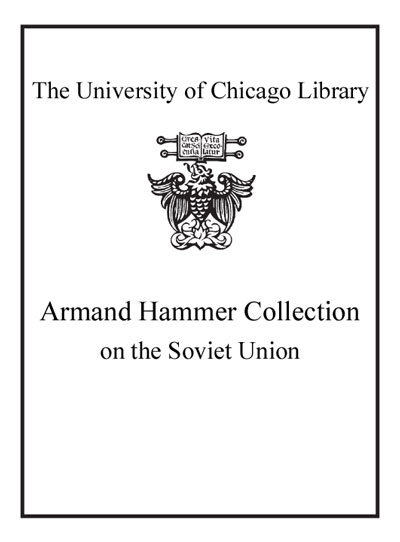Review by Choice Review
Morson (Northwestern Univ.) offers a fundamental rereading of Tolstoy's great work, arguing that the problems it raises (e.g., good versus evil, suicide, types of love) are in fact more radical and relevant now than they have hitherto been understood to be. The author meticulously steps through the narrative of Anna Karenina, focusing on the characters of Anna, Dolly, and Levin and situating the novel not only within a larger literary context but also in ethical, historical, literary, philosophical, scientific, and theological contexts. That he achieves an impressive intertextuality without alienating his declared audience--"the educated layperson"--is noteworthy. Particularly useful as a teaching or research aid is the book's final offering, "One Hundred Sixty-Three Conclusions," which both sums up the main theses of the work and mentions issues meriting further reflection. Summing Up: Highly recommended. Lower-division undergraduates through faculty. A. J. DeBlasio University of Pittsburgh
Copyright American Library Association, used with permission.
Review by Choice Review

